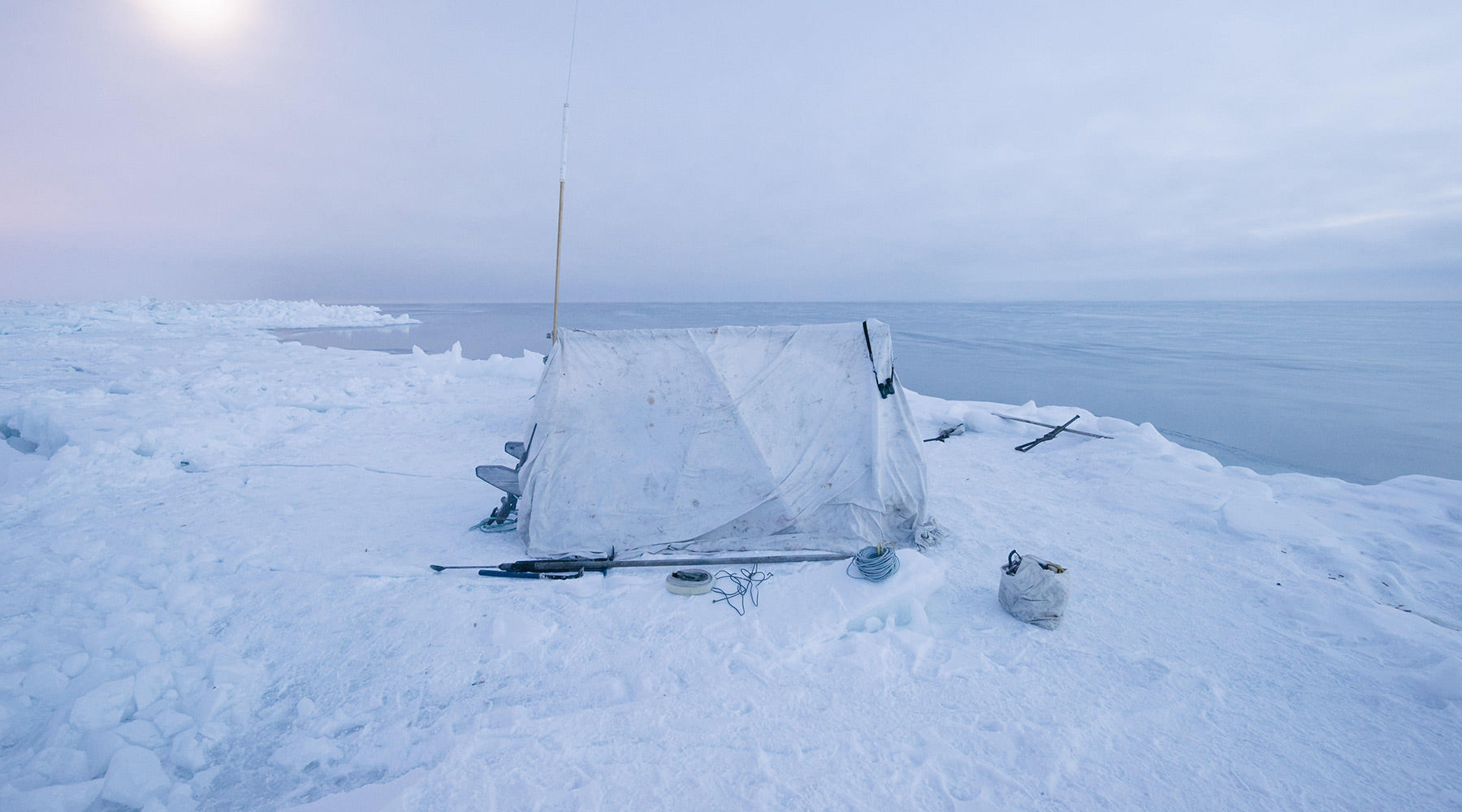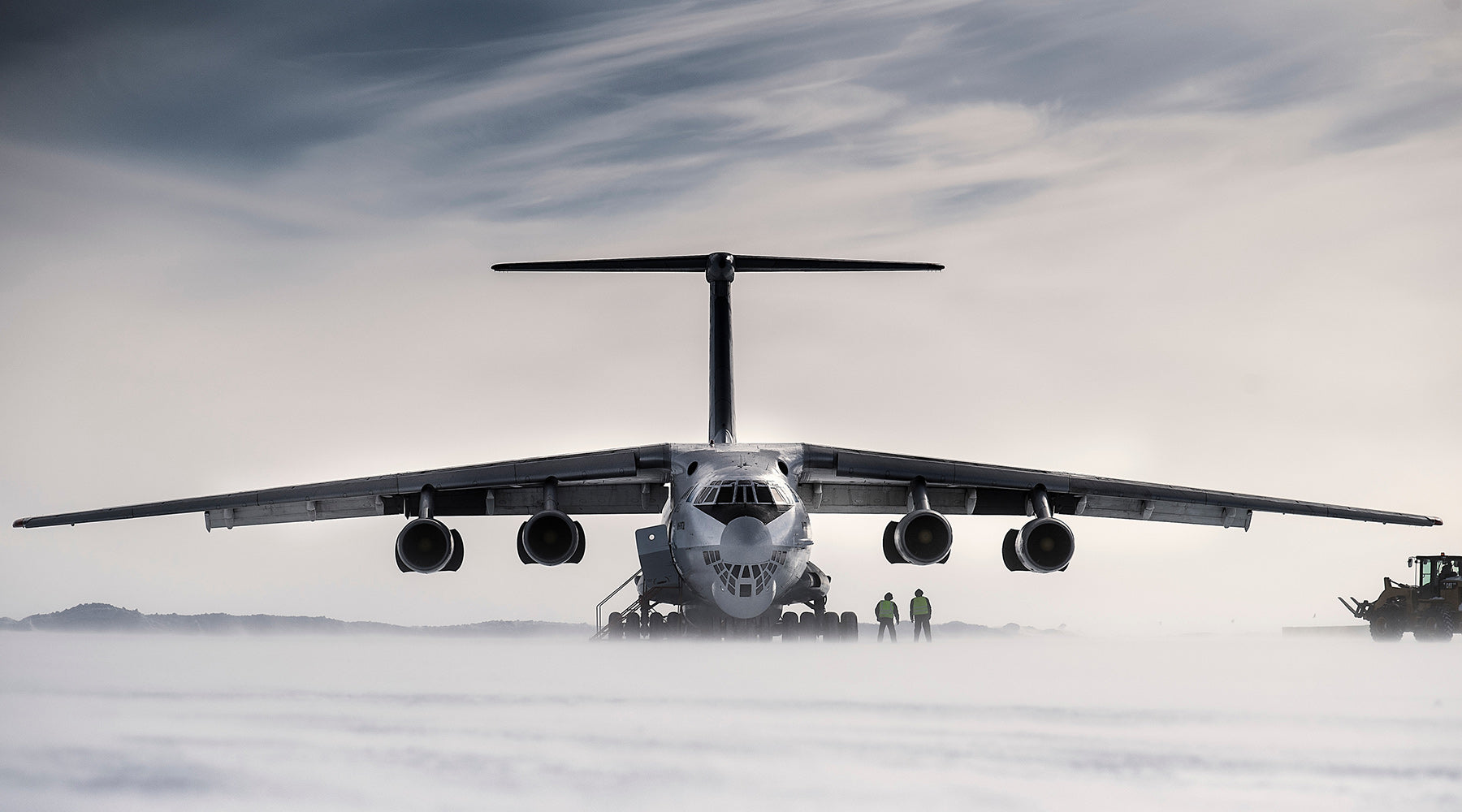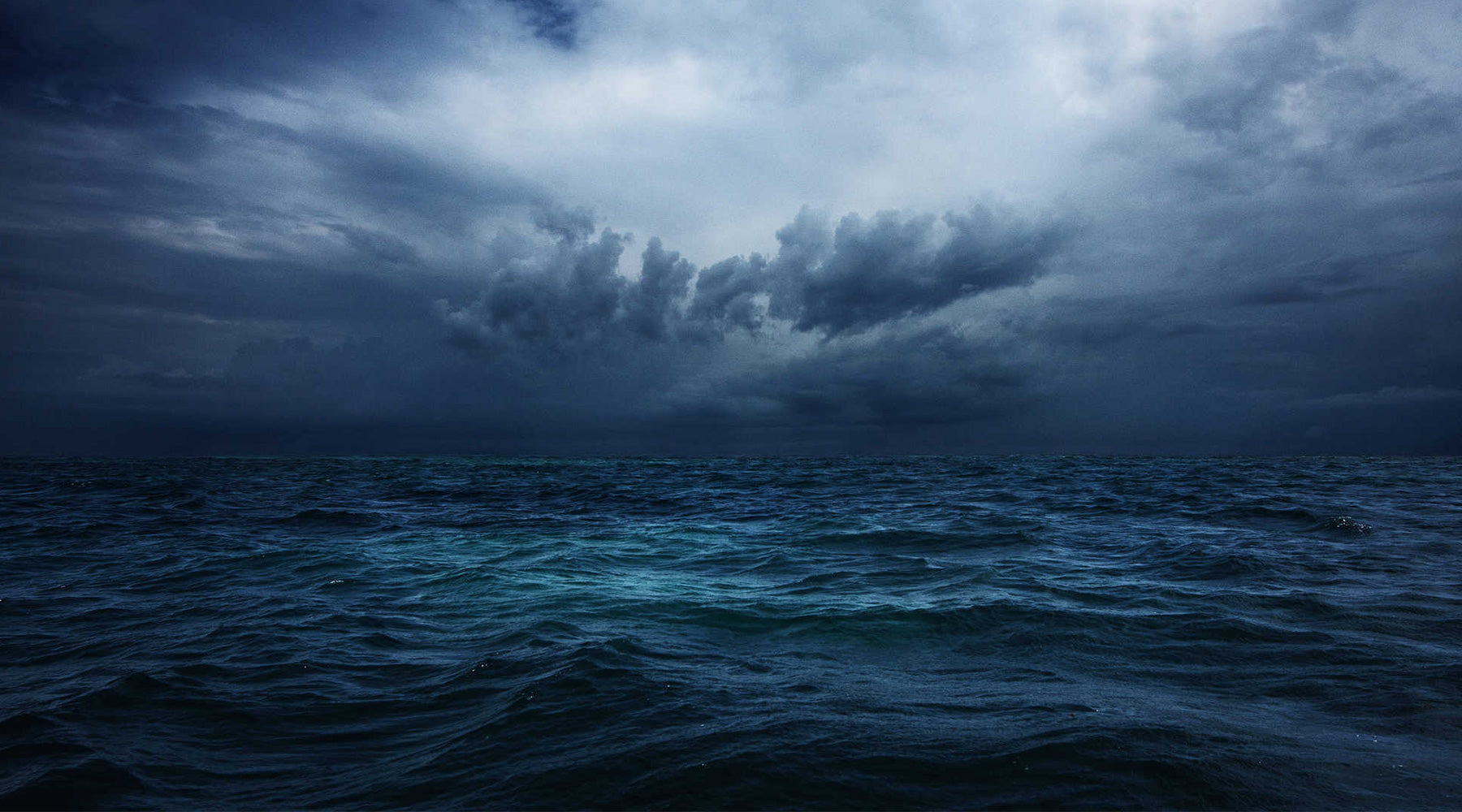
Kiliii Yuyan: Outside your cultural zone
Photojournalist and National Geographic contributor Kiliii Yuyan has spent years immersing himself in faraway cultures, offering a glimpse into a way of life most of us will never experience.
It was never meant to last this long. I initially went into Northern Alaska to learn the art of skin-sowing from one of the elders in the community – there aren’t many people left who know how to do it. It’s a very complicated process: you have to take seal skins and stitch them together to make them fully waterproof. It’s incredibly sophisticated. As a Siberian native and my culture’s sole remaining traditional boat builder, we made an instant and enduring connection.
It was a traditional whaling community and I fast fell in love with their way of life. They are uniquely special people. No single person can harpoon a whale and then drag it up onto the land – we’re talking about 60ft whales here – it takes a team, and the whale will feed an entire village for half the winter.

The highest status you can achieve in that culture is providing for other people. Being the president of a country is one step down from being a whaling captain. They are a keystone to survival.
When there I’m at the mercy of their schedule. I have to be ready at all times. The swell may be eight metres, but we’re still going out. My presence doesn’t change anything. And those are great days – those crazy days are some of the best.

The majority of my work is in the Arctic (below, Greenland) and focuses on the way human beings relate to the land. Documenting this successfully means building a trust with people, which is an exercise in patience and love. Many people stick to the safe topics in the Arctic, which is still beautiful, but to a large degree the real story is the people.

At its core, I’m a humanitarian photographer. I’m in a unique position to be able to give people a glimpse of what it’s like to live in these worlds and if I don’t tell these stories they will remain untold – which isn’t necessarily a bad thing, but if outsiders don’t understand what is going on in these remote places the local communities will eventually get overrun. If we could leave them alone, that would be fine, but invariably there’s oil on their land, or another reason for outside interest, so it’s important we understand what is there and what impact intervention will have.

Once you can get over the idea that your culture is the most important, or that the way you see the world is the most relevant, that’s when all the cool stuff starts to happen. I’ve been around the Alaskan whaling community for four years now and I’ll keep going back for the rest of my life – or as long as they’re doing it.
Explore Kiliii’s incredible work at kiliii.com or follow him on Instagram at @kiliiiyayan


